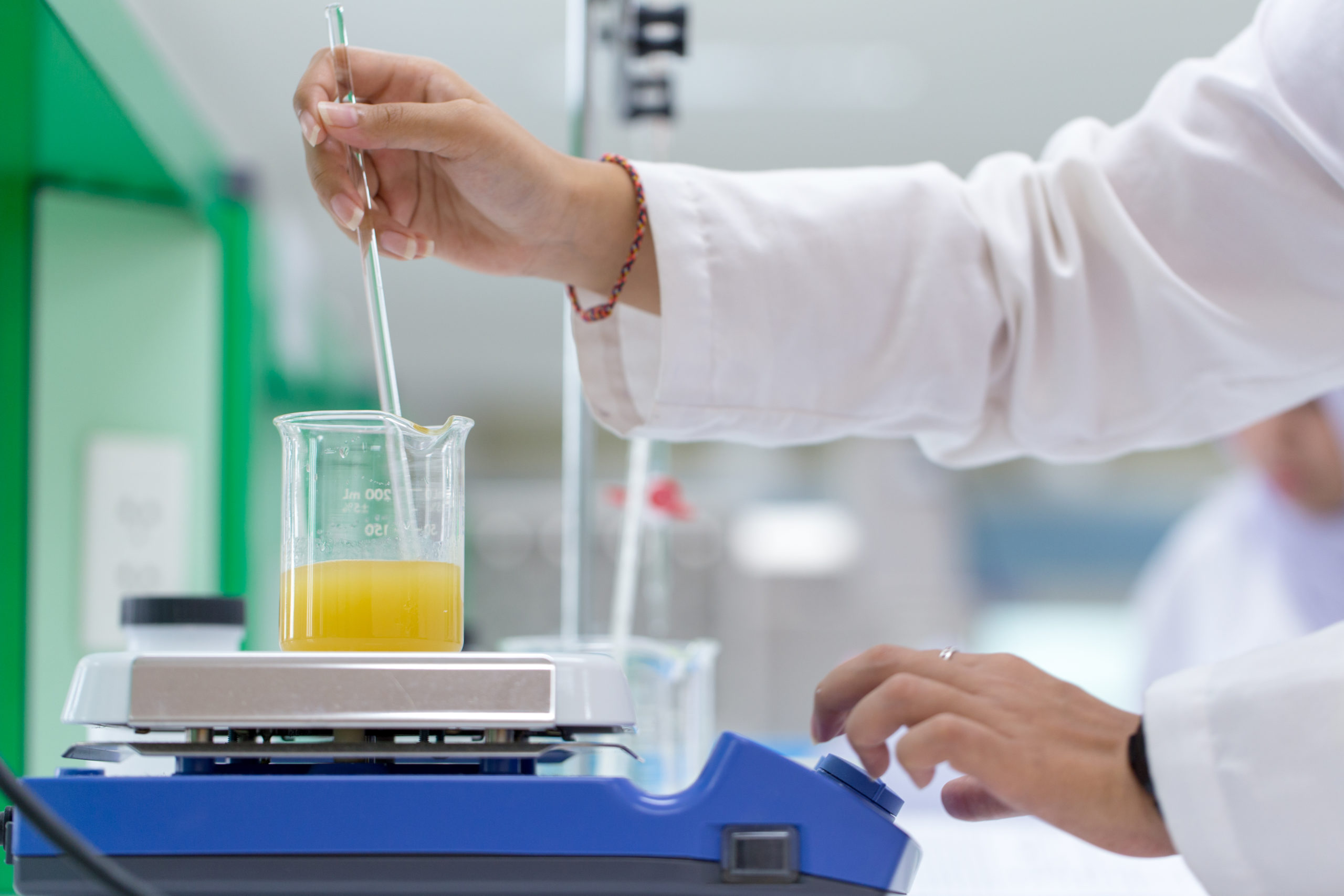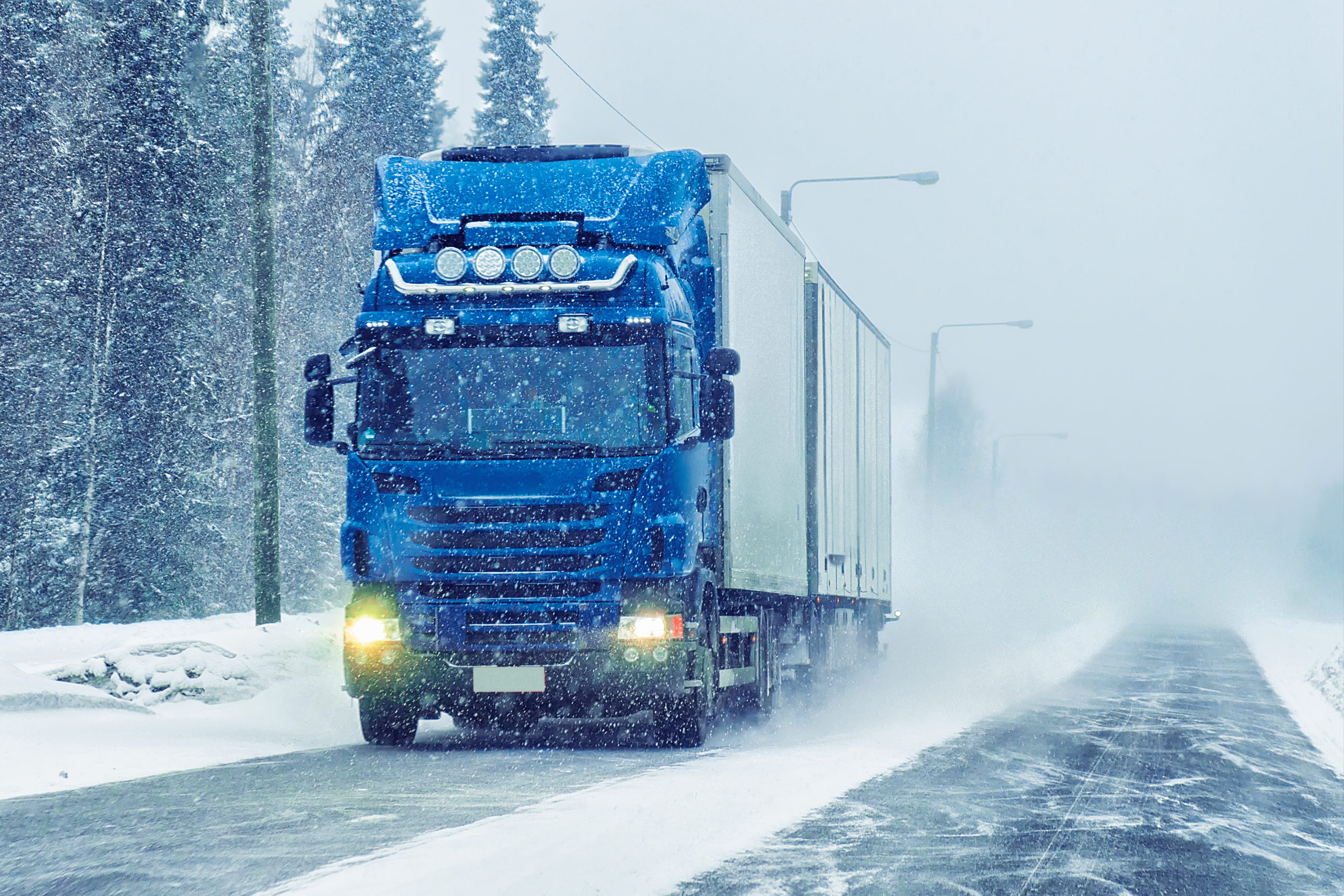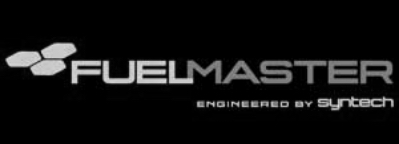One of the unfortunate downsides to diesel fuel is that their tanks have a frequent and difficult-to-curb tendency to host and culture a variety of terrible growths within your diesel tanks. Microbial growth is aided by variances in diesel fuel specifications, sources for crude oil, and the introduction of biofuels into diesel. As this horrible microbe population grows and multiplies in your tank, it can actually lead to severe clogs in your filters and engine damage.
Diversified has a solution for this problem, however. We combine fuel treatments and a tank testing program to measure disruptive microbial growth. We use third-party lab testing in order to verify the most cost-effective and efficient responses for tank environments.
There are many steps and components to maintenance, but the first and most important is sample testing. We use two different tests to thoroughly determine the right kind of maintenance for those we work with. First, we do testing on “bottom samples.” These are for water and microbes which collect at the bottom of tanks where the fuel is pulled from the tank into our clients’ vehicles. This test clues us into the presence of microbes and, in addition, to water, which is commonly a precursor to microbes and other germs.
Our second test is done for “nozzle samples.” This sort of testing is commonly done in the winter months. Samples submitted by our clients are tested for the winter operability of the diesel fuel. Some types of diesel respond well to winter treatments, but others don’t. Once we know how the fuel responds, we can recommend the proper winter strategy for your location.


There are a few different treatments we can use depending on the results of our testing. First, a “tank dry” treatment is used if the bottom sample has alerted us to the presence of water. This is simply a drying of the tank; the removal of moisture will help to disrupt the growth of additional microbes and other unwanted elements. Our second option is a biocide, which involves prescribing treatments to eliminate algae and other microbes which have built up on the bottom sample.
We’ll work with your team to ensure filters are on hand and will capture the material at the dispenser. Third, we can enact a winter premium treatment. This treatment is designed to keep fuel from gelling and is usually more cost-effective than blending with No1 diesel and won’t eliminate helpful BTUs like No1 usually does.
Finally, we have an emergency kit. This kit is usually only administered if the vehicle is experiencing gelling. If the temperature range drops below normal in the vehicle, like they did in Texas during the 2021 winter, or you’ve purchased diesel at a retail station which did a poor job of winterization, this kit will help rebalance the vehicle.
Our business is based around the importance and collection of data and analytical tools. Our response to different problems presented is driven purely by tests we have on hand and with which our staff is intimately familiar. We will never take guesses about what a problem could be or charge asymmetrically with what we’ve found to be in disorder. In addition, other companies will “polish” tanks and fuel when algae is suspected, but this is almost always more expensive than necessary and often is overkill.
Diversified prefers to root out the specific issue and solve the problem in a timely and cost-effective manner. We like to test for early signs of algae in order to avoid contamination before it hits, treating contributing factors without going “scorched Earth” on every tank we service.
Talk to a Diversified Expert about how we can help you solve most complicated fuel supply chain challenges.
Email: info@diversified.energy
Phone: 404-474-4450
Dispatch Operations – Coverage 24/7
404-474-4767
M-F: 8:00 AM – 5:00 PM EST
Location
601 West Crossville Road
Roswell, Georgia 30075


